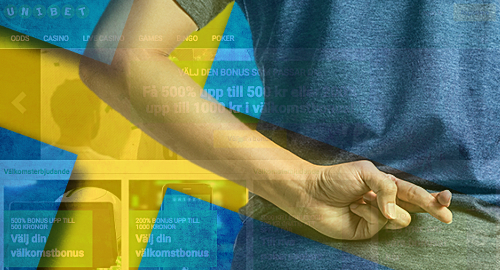 Gambling advertising ranks dead last in credibility among Swedish adults, according to the results of a new survey.
Gambling advertising ranks dead last in credibility among Swedish adults, according to the results of a new survey.
This week, Swedish media outlet Dagens Media reported the results of a survey conducted by analysis research firm Novus on behalf of the Swedish Association of Advertising Professionals (SAAP) to gauge the trustworthiness of various industries in the eyes of local residents.
The survey involved a little over 1000 randomly selected adult Swedes, who were presented with a list of 25 industries and were asked to rank their top three sectors in terms of the credibility of their advertising.
Education/research topped the list with 23% of participants having faith in the credibility of their marketing, followed by culture/entertainment (18%), charities (16%), justice (14%) and alcohol/breweries (13%). These were the only five categories to enjoy double-digit scores.
Gambling ranked dead last with just 1% of respondents finding their marketing come-ons credible. That’s down two points from gambling’s score just one year ago. Among the sectors that scored higher than gambling were IT/telecom firms, cosmetic products, recruitment companies and insurance. Hell, even politics/government managed an 8% score.
SAAP marketing manager Ulf Hermansson Samell suggested the gaming industry’s credibility suffered from its ubiquity. A recent report indicated that Sweden’s gambling advertising spending shot up nearly 45% last year to SEK5.5b (US$684m), a new market record. Unibet’s parent company Kindred Group and mobile gamers LeoVegas were the market’s two biggest spenders.
Samell suggested that the deluge of gambling marketing meant that, for the average Swedish consumer, “the noise may have become too high” for them to take anything gambling firms say seriously.
Sweden is in the process of liberalizing its online gambling market as of January 1, 2019, eliminating the state-owned Svenska Spel’s online monopoly and allowing international operators to apply for online licenses starting in August. But God help these new licensees if their pursuit of market share sparks a new marketing war.